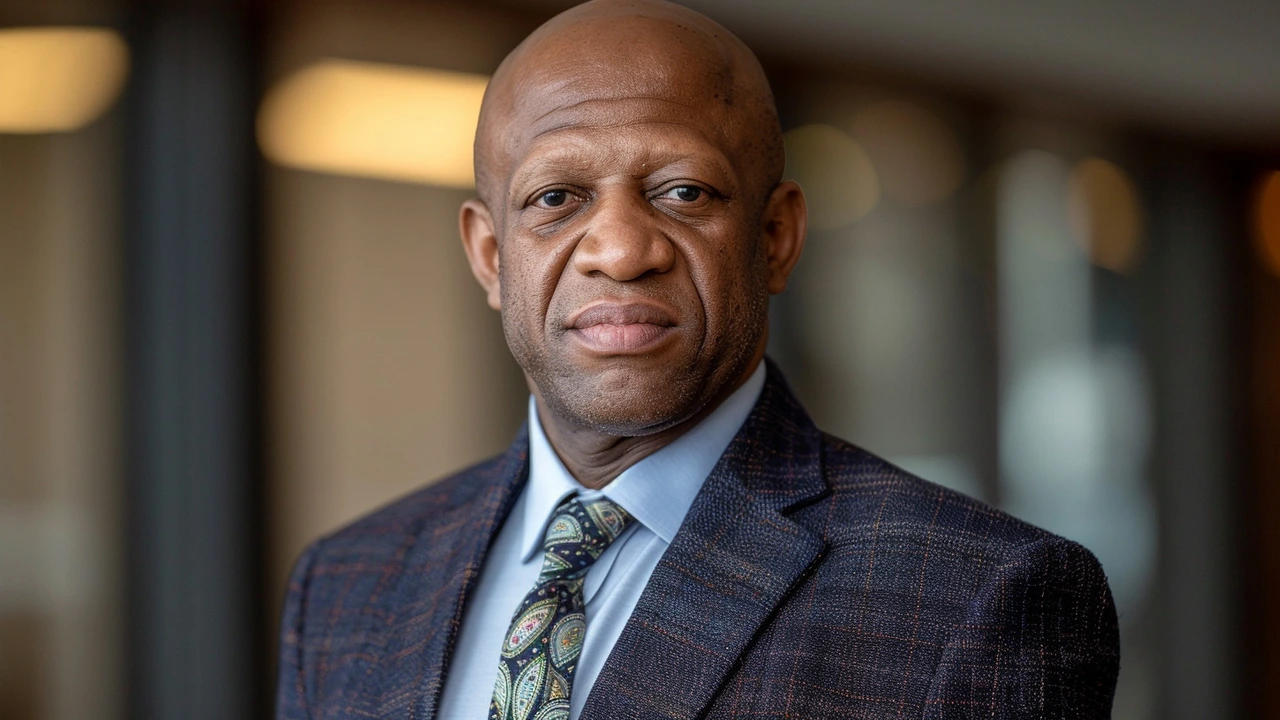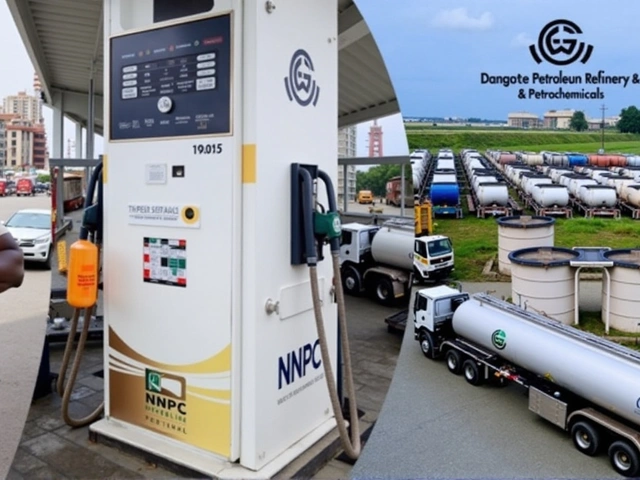What Is a Coalition Government and Why Should You Care?
If you’ve been following politics, you might have heard the term "coalition government" thrown around. But what exactly does it mean? Simply put, a coalition government happens when no single party has enough seats to govern alone. So, two or more parties team up to form a working government. It’s like putting together a team when you don’t have a winning lineup by yourself.
Why does this happen? Well, in many countries, including South Africa, the political landscape is diverse with multiple parties. Voters spread their support across these parties, which makes it tough for just one party to win outright. Instead of risking political chaos or repeated elections, parties join forces. This way, they can combine their seats and govern together.
How Does a Coalition Government Actually Work?
In a coalition, parties agree on shared goals and policies before they start. This means they negotiate what they’ll focus on and how they’ll split government roles, like ministries. It’s a balancing act because every party wants its voice heard, but they also have to compromise. The key is cooperation and trust, which isn’t always easy.
Governance in a coalition can be tricky. The parties need to work closely to pass laws and make decisions, which requires constant talks and negotiations. If disagreements get too big, the coalition might break down, causing instability and sometimes even new elections. So, coalition governments often need strong leadership and clear communication.
Why Coalition Governments Matter for You
Coalitions impact everyday life more than you might think. When multiple parties share power, policies usually reflect a wider range of views and interests. This can lead to more balanced decisions on things like healthcare, education, or the economy. But it can also slow down decision-making since parties need to hash out agreements.
In South Africa, coalition governments have become more common in recent years. They reflect how diverse the country’s society is and how no single viewpoint dominates. Understanding how coalitions work helps you see why certain politicians come together and why governments sometimes seem slow or different from what one party promised.
The bottom line: coalition governments are a big part of democratic politics today. They encourage teamwork among parties, but also demand patience and cooperation. Keeping an eye on how these alliances form and function gives you a clearer picture of the political world shaping your community.

KZN Premier Thami Ntuli Unveils Diverse 10-Member GNU Executive Council
The KwaZulu-Natal Premier, Thami Ntuli, has announced the 10-member executive council for the province's government of national unity. The council is composed of representatives from different political parties based on their vote share. The IFP, ANC, DA, and NFP have been given various portfolios, with the IFP leading the most with four portfolios. This marks a significant milestone in the provincial government's formation.




